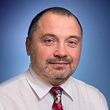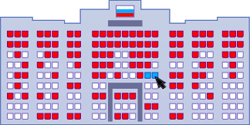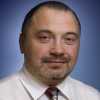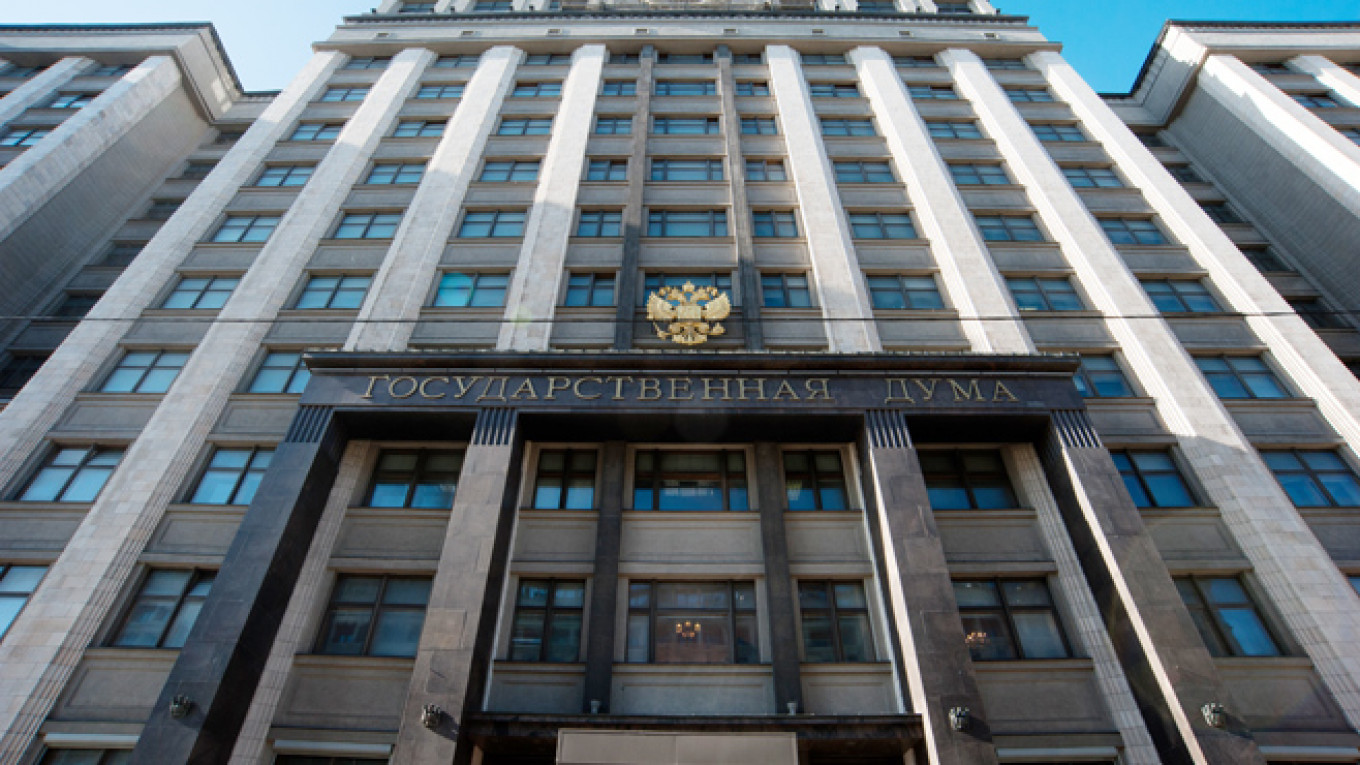
Nikolai Petrov
The 2016 election campaign is officially, and finally underway. These are crucial elections. They end one political era and begin another — both in form and substance.
These are the first elections since 2003 to use the mixed system in which half of the candidates run on party lists, and the other half in single-mandate districts. That increases the role of the regional and corporate elites.
The authorities have also moved the elections forward from December to September, making them the first early elections since President Vladimir Putin came to power. There are three reasons for this move.
First, the authorities seek to capitalize on their popularity. Kremlin leaders realize that they cannot achieve any more military victories and that their ratings are beginning to slip as a result.
Second, the government will have to slash spending next year to the siloviki, the military-industrial complex, social services, and pensions — and the Russian people will not be happy with the budget that the State Duma must certainly adopt this fall.
Third, leaders may have to change their foreign policy to end the confrontation with the West. It is becoming increasingly difficult to live with low oil prices and Western sanctions. If so, it is better to shorten the parliamentary elections campaign and its typically harsh anti-Western rhetoric.

The authorities felt compelled to adopt a relatively new position toward these elections: "manipulation — yes, vote-rigging — no." This is especially true in large regions where there is a serious risk of protests. Both the memory of the 2011-2012 mass demonstrations and a breakdown in trust among the elites prompted leaders to make this change. The poor results that United Russia achieved in 2011 were largely due to the dismantling of the political machines in Moscow, Bashkortostan and other regions. Today, when the Kremlin not only deposes governors, but also arrests them, it is unrealistic to expect that regional bureaucracies will simply "write in" the needed election results — with the possible exception of a number of regions. The authorities have no choice but to hold elections that are more honest.
The Sept. 18 elections are unlikely to surprise. Thanks to the single-mandate districts, United Russia will probably win a commanding 65-75 percent of all Duma seats. What's more, the current three parliamentary parties are likely to maintain their presence, while Yabloko and other opposition parties will probably fail to win seats.
Meanwhile, reforms to the party system will inevitably lead to the ouster of long-time party veterans, and give voters an opportunity to view a parade of new candidates aiming to replace them. Communist Party leader Gennady Zyuganov and Liberal Democratic Party leader Vladimir Zhirinovsky have both turned 70. They will leave the scene before the 2021 elections, an important change for the political regime.
The authorities will also grant minor parties such as Motherland, Patriots of Russia, and The Party of Growth an opportunity to win one or two seats each so that the Kremlin can boast of the wide variety of parties in the Duma.
The Duma will continue the "1+3" system, the ruling party plus three junior partners. But suppressing inter-party competition forces the Kremlin to intensify competition within the party itself — as was seen during the United Russia primaries.
Consequently, the new Duma will differ significantly from the current one. Not only will new faces appear, but deputies will also hold a more complex set of loyalties — to federal party leaders as usual, but also to regional political elites, governors, and business elites.
These elections again demonstrate how shortsighted the authorities are in their planning. The new system carves out single-mandate districts through gerrymandering and "electoral engineering." As a result, electoral districts are designed to neutralize protest-oriented residents of major cities, leaving the authorities relatively free to install their preferred candidates with the help of traditionally loyal voters in rural areas.
That might seem fine now, but a powerful electoral group — the residents of major metropolises — will find itself without representation in the Duma. How will the authorities understand or respond to their demands?
The Kremlin, however, focuses only on today's problems, without any thought for tomorrow. As a result, these elections will not reduce political problems in Russia. On the contrary, they will only intensify them and even create new ones.
Nikolai Petrov is political analyst
A Message from The Moscow Times:
Dear readers,
We are facing unprecedented challenges. Russia's Prosecutor General's Office has designated The Moscow Times as an "undesirable" organization, criminalizing our work and putting our staff at risk of prosecution. This follows our earlier unjust labeling as a "foreign agent."
These actions are direct attempts to silence independent journalism in Russia. The authorities claim our work "discredits the decisions of the Russian leadership." We see things differently: we strive to provide accurate, unbiased reporting on Russia.
We, the journalists of The Moscow Times, refuse to be silenced. But to continue our work, we need your help.
Your support, no matter how small, makes a world of difference. If you can, please support us monthly starting from just $2. It's quick to set up, and every contribution makes a significant impact.
By supporting The Moscow Times, you're defending open, independent journalism in the face of repression. Thank you for standing with us.
Remind me later.







